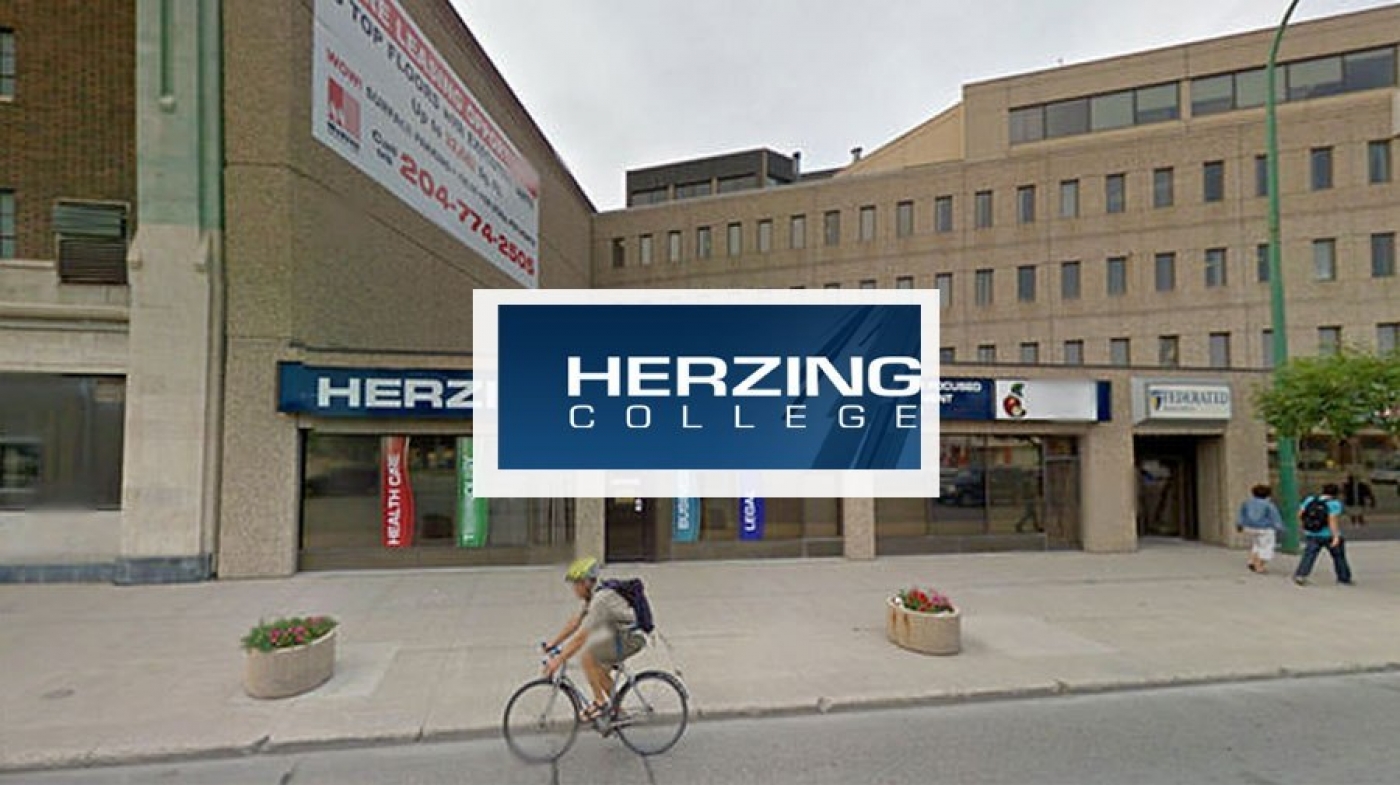Studying in Canada is a dream for many international students. However, the cost of tuition and deposits can be a major concern. The good news is that some institutions in Canada allow students to pay as low as $250 CAD as a tuition deposit.
This article will explore:
- How to study in Canada with minimal upfront costs
- Schools that accept low tuition deposits
- The difference between studying in Quebec and other provinces
- The role of tuition deposits in visa approval
Why Consider Low Deposit Schools in Canada?
Many international students face financial hurdles when trying to study abroad. While tuition fees remain a key concern, the initial deposit plays a significant role in securing admission and visa approval.
Key benefits of low deposit schools:
- Lower financial burden upfront – You don’t need thousands of dollars immediately.
- Better access to quality education – Affordable institutions still provide top-tier education.
- More opportunities for international students – High deposits often discourage applicants.
Schools in Canada with Low Tuition Deposits
Why Quebec is the Best Option
Quebec, a French-speaking province in Canada, offers some of the lowest tuition deposit fees. Many schools in Quebec charge as little as $250 CAD, significantly lower than schools in other provinces.
Reasons Quebec schools have low deposits:
- Government policies – The Quebec government allows schools to charge minimal deposits.
- Immigration advantages – Quebec has flexible policies for international students.
- Lower education costs – Tuition and living costs are generally lower.
How Quebec Compares to Other Provinces
The table below highlights key differences between studying in Quebec and other Canadian provinces:
| Feature | Quebec | Other Provinces |
|---|---|---|
| Tuition Deposit | As low as $250 CAD | $1,000 – $10,000 CAD |
| Post-Graduate Work Permit (PGWP) | Program-dependent | Program and school-dependent |
| Application Fees | Usually waived | $100 – $200 CAD |
| English Proficiency | Often not required | Required in most cases |
| Immigration Benefits | More flexible | Strict policies |
Schools in Quebec with Low Tuition Deposits
Here are some institutions in Quebec where you can pay a low tuition deposit:
- Collège Universel – Gatineau Campus
- Tuition deposit: $250 CAD
- PGWP eligibility: Program-dependent
- Matrix College of Management, Technology, and Healthcare
- Tuition deposit: $250 CAD
- PGWP eligibility: Yes
- Herzing College – Montreal
- Tuition deposit: $500 CAD
- PGWP eligibility: Yes
- Canada College – Montreal
- Tuition deposit: $250 CAD
- PGWP eligibility: Program-dependent
Understanding the Post-Graduate Work Permit (PGWP)
One major consideration for international students is the Post-Graduate Work Permit (PGWP). While some schools are PGWP-eligible, not all programs qualify.
- PGWP eligibility is program-specific: Even if the school is eligible, your program must meet immigration requirements.
- STEM and healthcare programs are in demand: Studying science, technology, engineering, mathematics (STEM), or healthcare increases your chances of obtaining a PGWP.
👉 Tip: Always verify if your program is PGWP-eligible before applying!
The Role of Tuition Deposits in Visa Approval
Your tuition deposit plays a crucial role in your student visa approval. Canadian immigration officers assess your financial stability based on the deposit you pay.
Key considerations:
- Paying a higher deposit increases your chances of visa approval.
- In Quebec, a $250 CAD deposit is acceptable to immigration officers.
- In other provinces, a higher deposit ($5,000 – $10,000 CAD) is often preferred.
Should You Consider Studying in Quebec?
If you have limited funds but still want to study in Canada, Quebec may be your best option.
Pros of Studying in Quebec: ✅ Low tuition deposit ✅ Affordable cost of living ✅ No English proficiency required ✅ Easier immigration policies
Cons of Studying in Quebec: ❌ Most programs are in French (though some English programs exist) ❌ Requires a Certificat d’Acceptation du Quebec (CAQ) for immigration
FAQs
1. Can I study in Quebec without speaking French?
Yes! Many schools in Quebec offer English programs, and you can take French classes once you arrive.
2. Is a $250 CAD deposit enough for visa approval?
In Quebec, yes. However, in other provinces, a higher deposit is recommended.
3. Do I need an English proficiency test to study in Canada?
Most Quebec schools do not require IELTS or TOEFL. Other provinces may have different requirements.
4. How do I apply to these schools?
You can apply directly through the school’s website or contact a student recruitment officer.
5. What is the Certificat d’Acceptation du Quebec (CAQ)?
The CAQ is a document required by the Quebec government for international students. It is similar to a provincial study permit.
Final Thoughts
If you’re looking to study in Canada but have limited funds, consider Quebec. With low tuition deposits, flexible immigration policies, and affordable education, it offers a great opportunity for international students.
If you’re ready to start your journey, explore low deposit schools in Quebec today!
👉 Need help with applications? Contact a student recruitment officer for free assistance.
📢 Share this article with friends who want to study in Canada!

